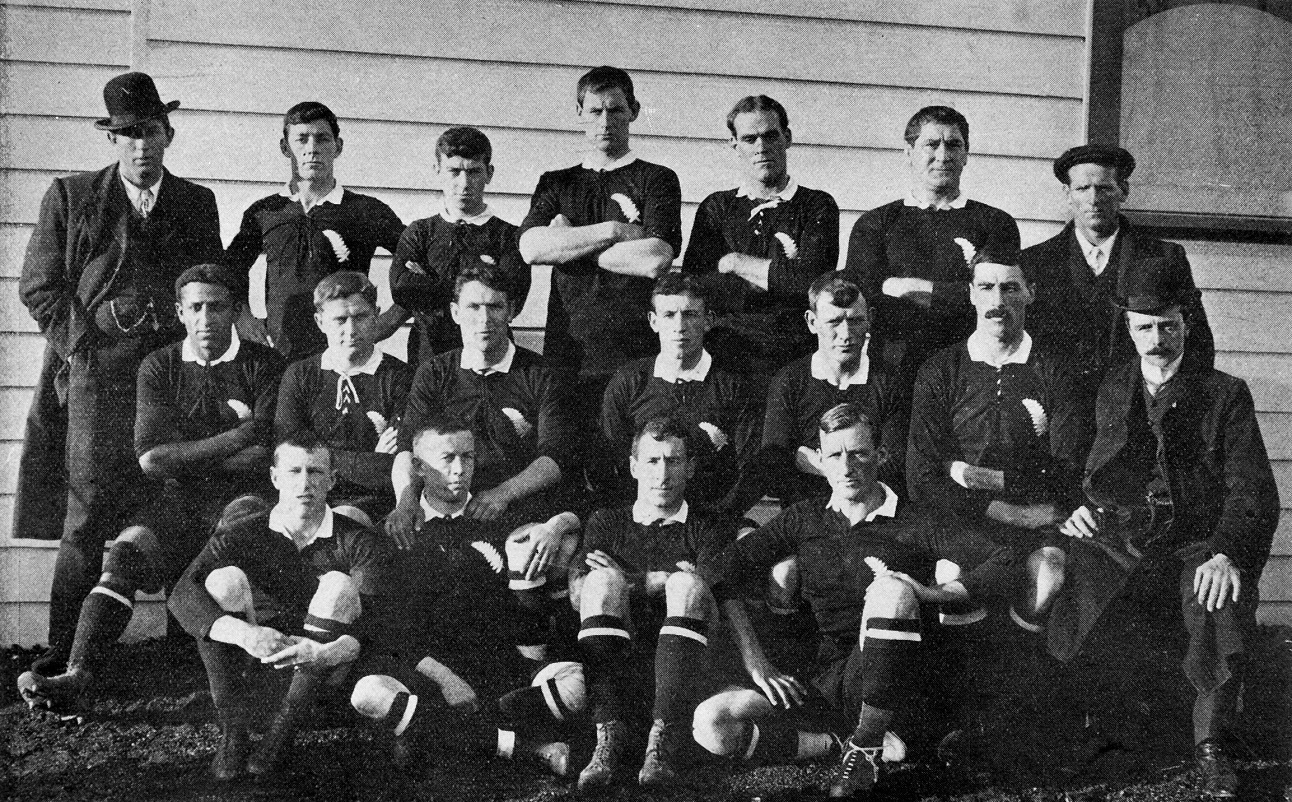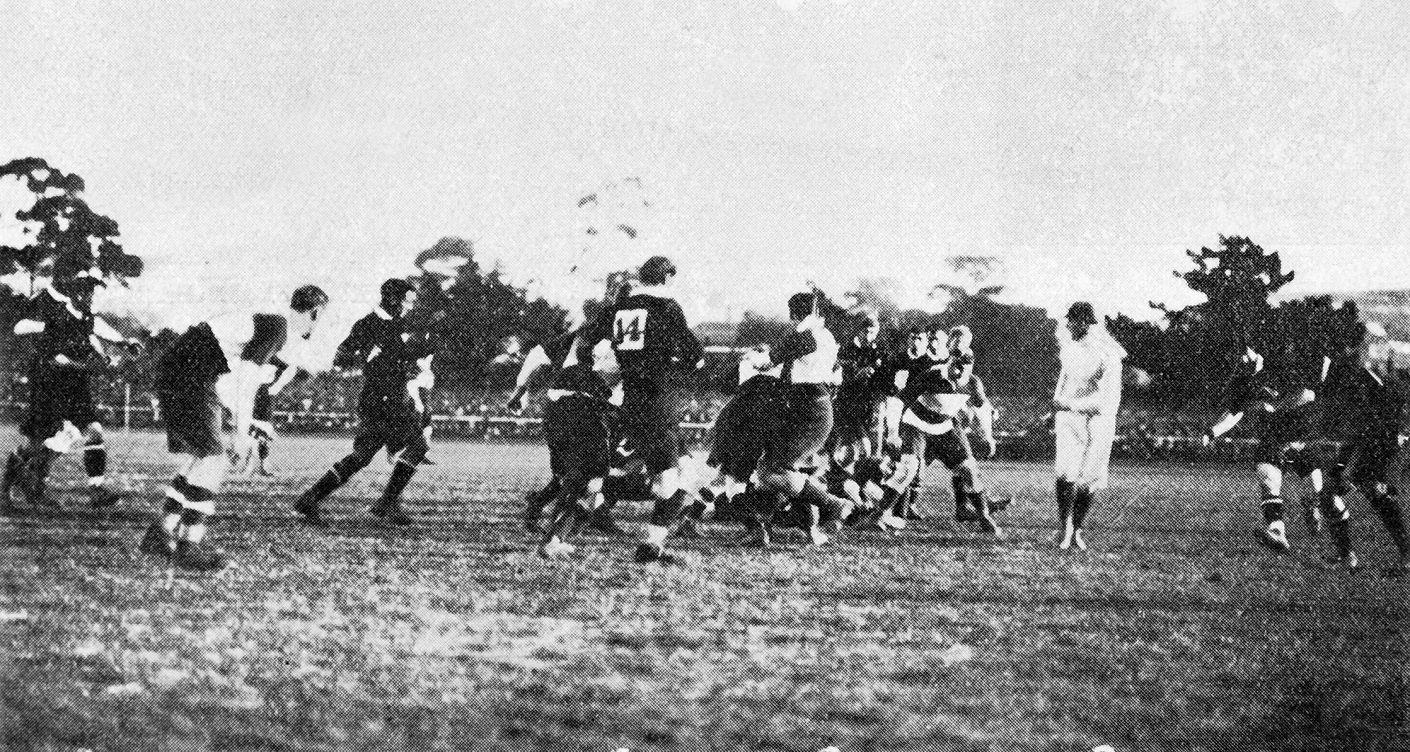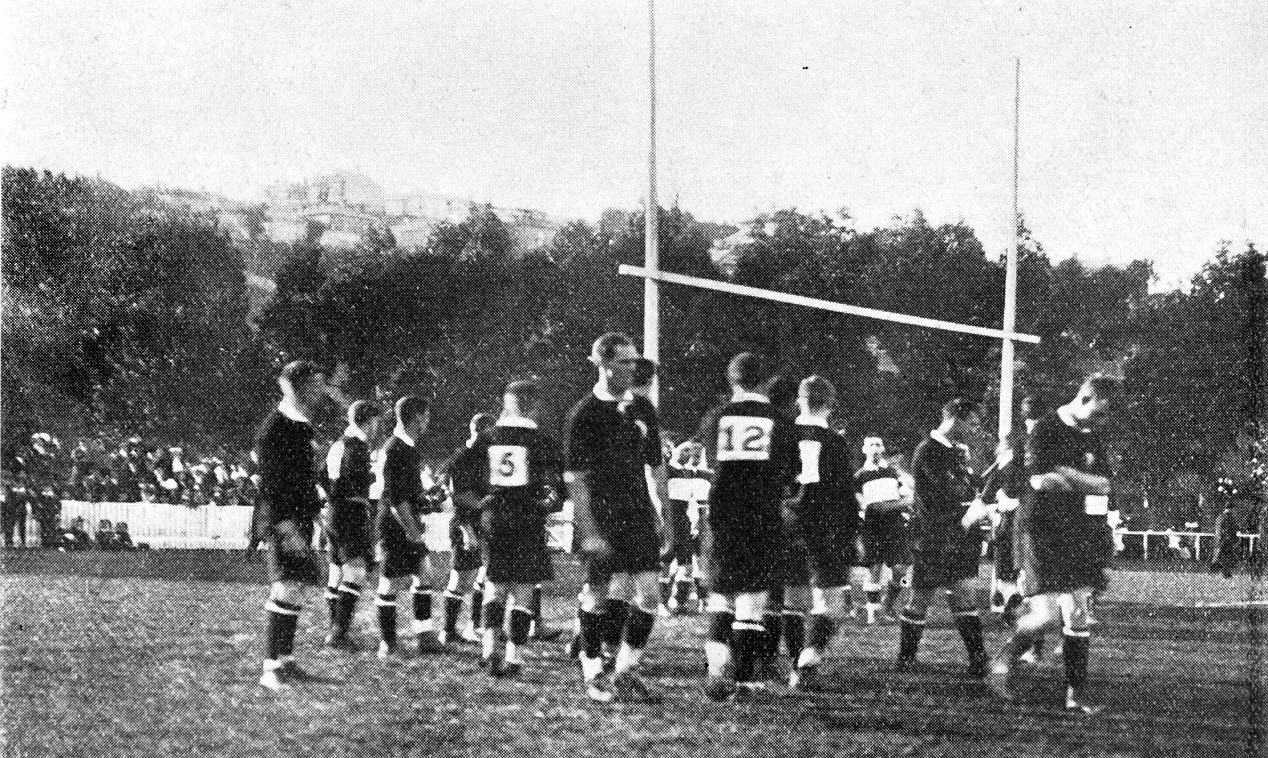
If you are of the point of view that the New Zealand media are too obsessed with rugby union, be thankful you were not reading the Otago Daily Times in June 1908.
The city was about to host its first rugby test and the ODT — literally — wrote tens of thousands of words about it.

A cautious ODT editorial noted that the touring captain and several of the top players had not been picked, with the following weekend’s test in mind.
However, it went on to note, "there is the circumstance that a proportion of the team does not seem to be in the condition that is essential if a hard and fast game is to be successfully fought out to the bitter end".
This was to be a recurring theme of the ODT’s test week coverage, the paper quite certain that the British players had probably lost fitness during their long sea voyage to New Zealand.
Rugby columnist "Fullback" echoed that, noting there were a reported 12 touring players injured in language which suggested that he might have thought that they were a bit soft.
The other big controversy of the week, and one which shows that the more things change the more they stay the same, was what the ODT deemed the unreasonably high cost of tickets — 5, 3 or 2 shillings.
"The degradation of sport into a business is always to be deplored," it thundered.

The matter was even raised at that week’s Dunedin City Council meeting, at which Mayor John McDonald called the cost "monstrous" and said he had taken it up with Cabinet ministers.
Despite the monstrous prices, Carisbrook was full to busting on June 6, and the ODT had the purple prose ready to go.
"It was in the air. Football. The throng in Princes street talked nothing else all the morning, and the Wairarapa, Wellington, Otago and Southland contests were fought again with tongues instead of feet. Small boys (those straws on the stream of popular opinion) were determined to dress the part and in the shops might be seen precocious youngsters ordering with a lordly air little boys’ football jerseys."

That the ODT covered over several pages, with artist’s illustrations, as it examined every scoring play in exhaustive and exhausting detail, up to and including the performance of the referee, as the All Blacks trounced Britain 32 points to 5.
"The control of the game was in the hands of Mr James Duncan and a very busy time he had. But he came through with flying colours and gave every satisfaction to players and spectators alike."
If only Wayne Barnes could garner reviews like that.












